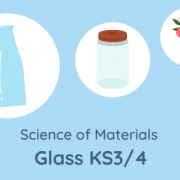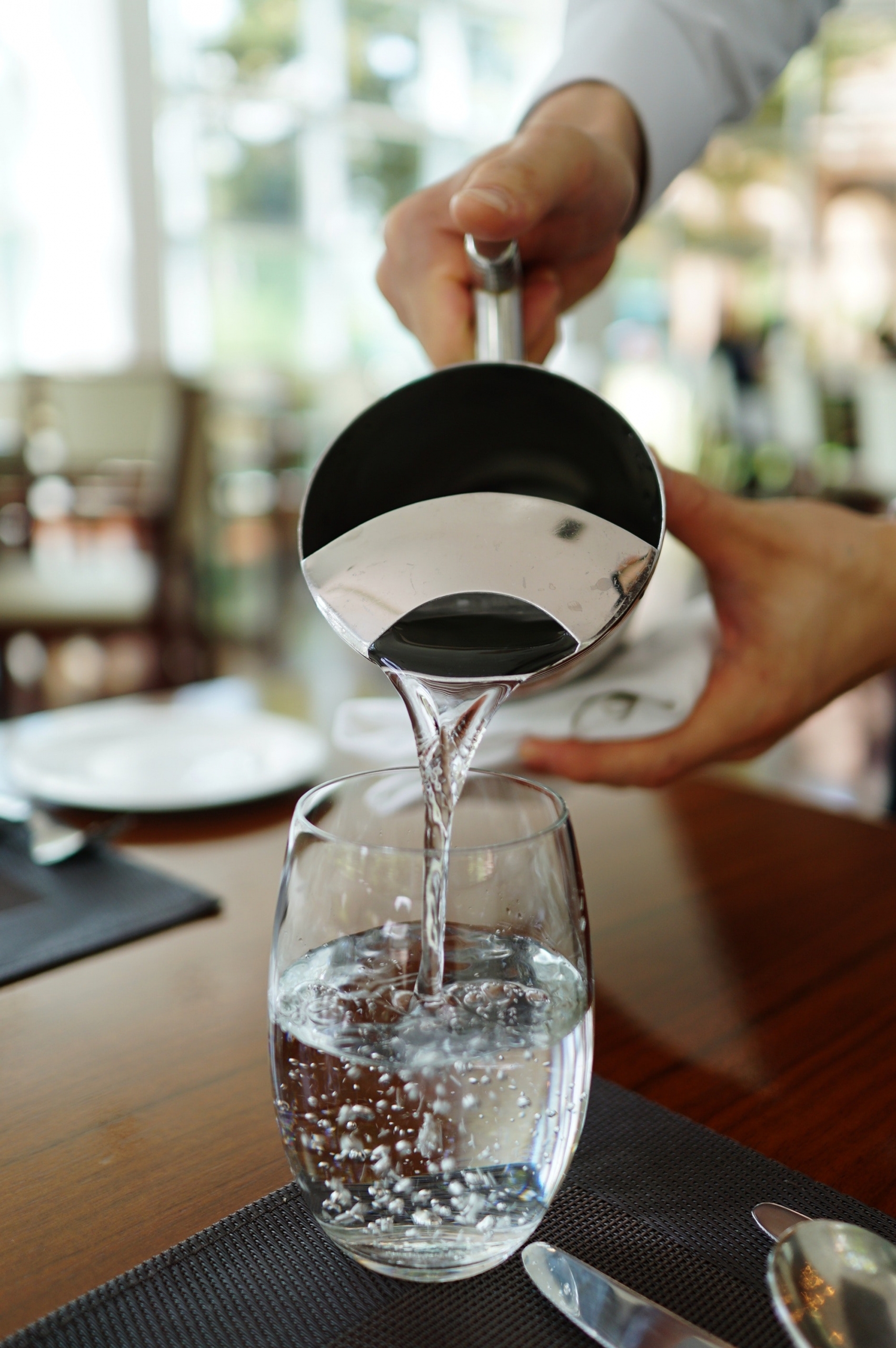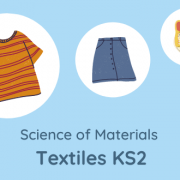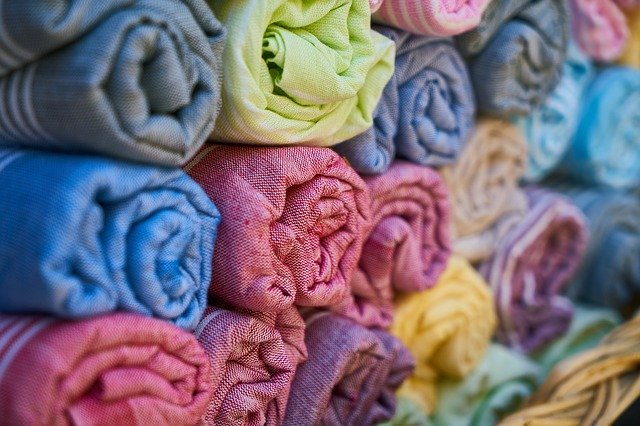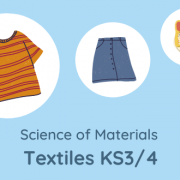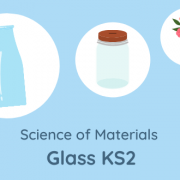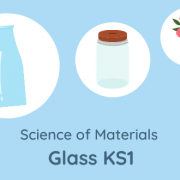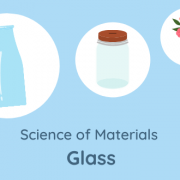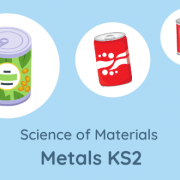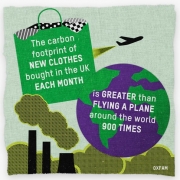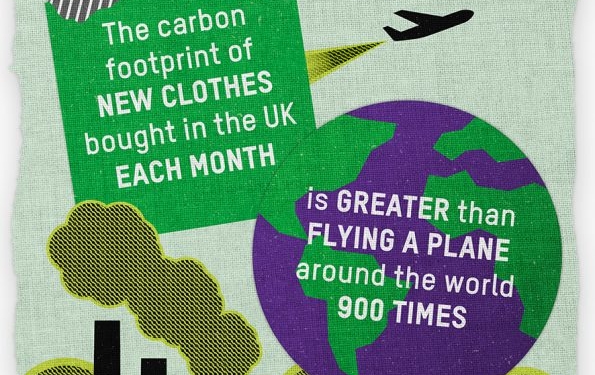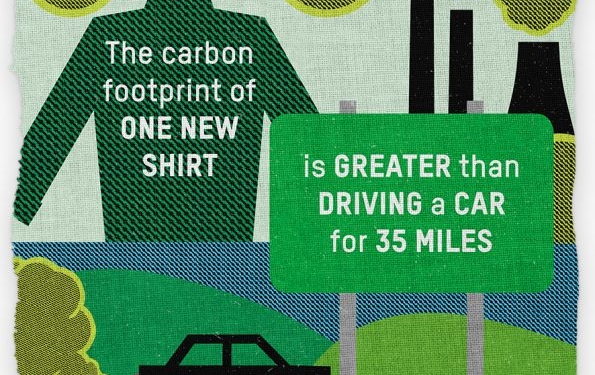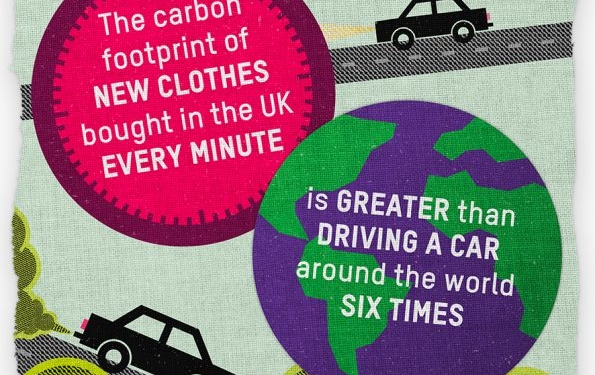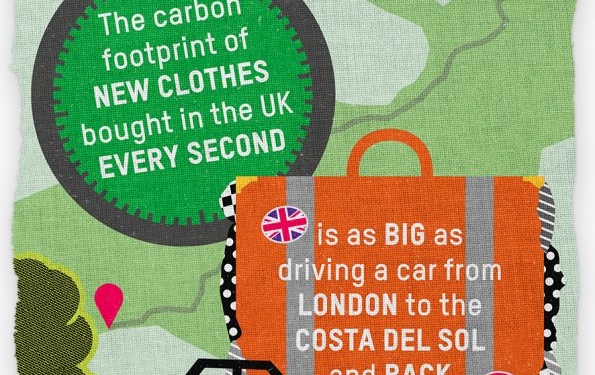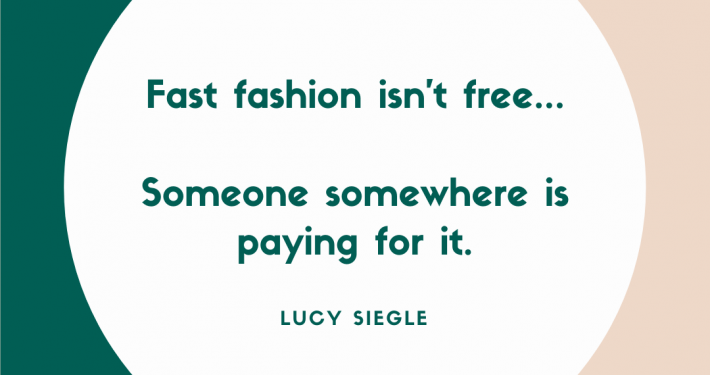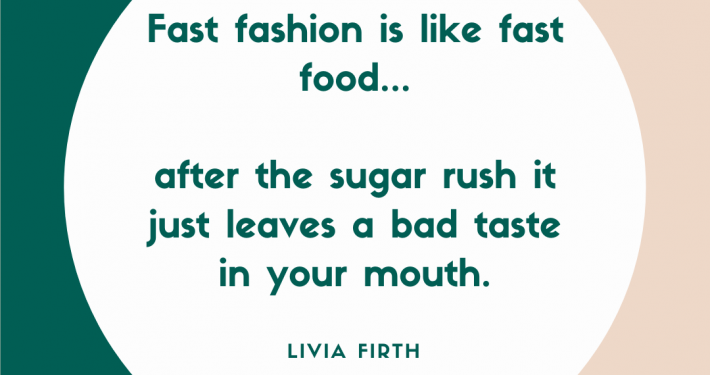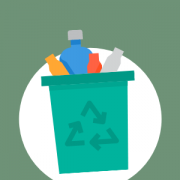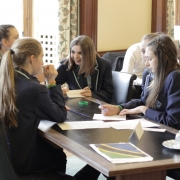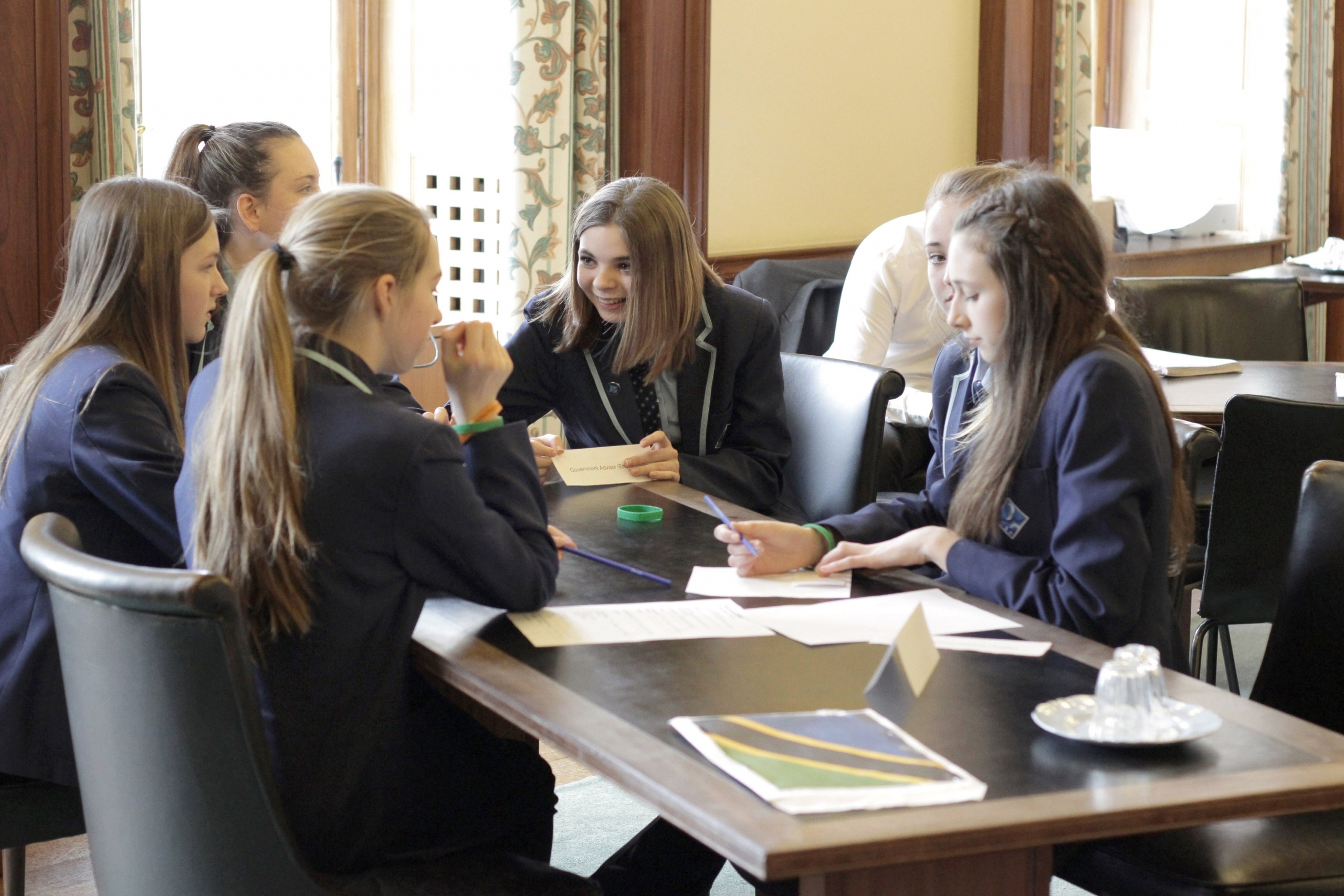Glass Worksheets KS3/4
We all rely on the science of materials every day as it tells us which are the best materials to use for different things – like not using chocolate to make teapots, or glass to make trampolines. It also shows us how to dispose or recycle items safely and sustainably at the end of their lives.
Glass is used to carry and transport liquids and solids, make windows and decoratively in vases, figurines, jewellery and as stained glass. It is extremely unreactive, being a type of silicon-based ceramic, making it ideal for holding food and drink. It is heavy and brittle, but can be recycled endlessly, without losing quality, as long as colours are separated.
Glass can be recycled everywhere in Devon. Most districts collect glass in kerbside collections (see our District Recycling Sheets) while glass can be taken to banks at recycling centres. Find your nearest one on our main Recycling website.
The worksheets on this page will help young people understand the science behind glass. We hope doing these activities will create better scientists and more critical thinkers. We know the wicked problems (complex and difficult issues like climate change and biodiversity loss) we are leaving the next generation will need some innovative thinking to solve them!

